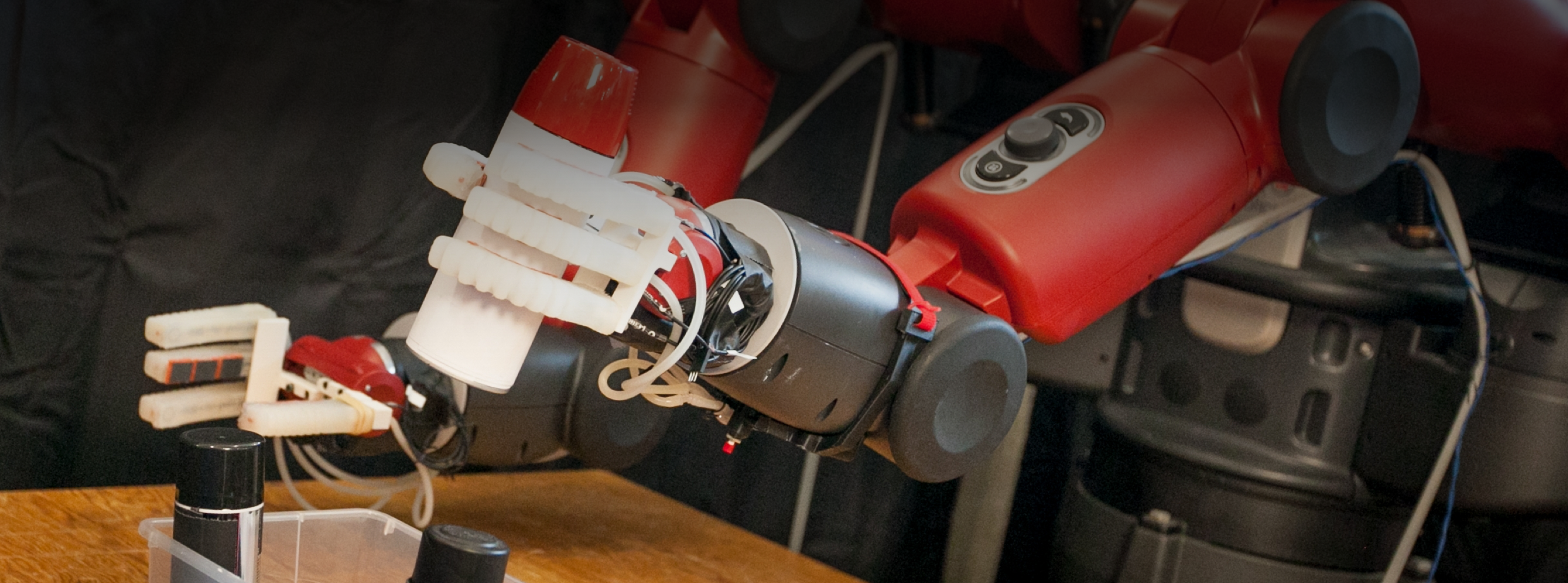Written by: Matthew Busekroos | Produced by: Nate Caldwell
Originally from Al Qatif, Saudi Arabia, Kumail Alhamoud was born and raised in a small town called Al Qudaih. Prior to arriving to MIT’s Computer Science and Artificial Laboratory for his PhD, Alhamoud studied at Cornell and KAUST’s Image and Video Understanding Lab (IVUL) where he conducted research in computer vision.
Alhamoud had three essential criteria for his ideal PhD program, including first, his ambition to engage in grand projects at the intersection of machine learning and healthcare. Alhamoud added that CSAIL and the Jameel Clinic at MIT, along with the many research hospitals at Boston, provide the perfect environment for undertaking such groundbreaking work. Second, he sought a department where machine learning is approached from a multitude of perspectives. He said CSAIL perfectly fits this criterion as it allows him to learn from diverse viewpoints. Third, he said finding a PI whose vision and passion mirrored his was important.
Alhamoud now works alongside Professor Marzyeh Ghassemi and the Healthy ML group at the lab.
“Professor Ghassemi is an ideal match, consistently demonstrating a genuine eagerness to create a positive change in the real world through AI,” he said. “I’ve learned many lessons from Marzyeh and our group. One valuable lesson is the importance of taking a deliberate approach to my work. Marzyeh has taught me to think deeply about the impact of my work and to consistently ask insightful questions that matter to various stakeholders in both the ML and healthcare communities.”
One of Alhamoud’s first projects examines the effects of age demographic shifts on medical AI diagnostic systems by training models on images from one patient population (e.g., younger patients) and evaluating on others (e.g., older patients). He said the study discovers that differences in class distribution within patient age groups significantly impact model performance.
“For instance, in a skin lesion classification dataset, a skew towards moles in younger patients' data leads to biases in the trained models, causing misdiagnosis in older patients who exhibit a broader range of diagnoses,” he said. “Critically, the model also misdiagnoses younger patients who actually have malignant tumors, as it inaccurately learns to predominantly associate younger age with benign moles. The study underscores the importance of balanced, representative training data for unbiased and generalizable model performance.”
In addition to this work, Alhamoud said he is actively involved in other projects that focus on technical innovations to improve generalization across demographics and diverse diagnoses. These innovations draw on the extensive literature addressing various machine learning problems, including long-tailed recognition, continual learning, domain generalization, and vision-and-language learning, according to Alhamoud.
Alhamoud said his research aims to impact the healthcare industry from many aspects, including easing the burden on medical professionals.
“By developing reliable medical diagnostic systems, we can alleviate some of the pressures on specialists, ensuring they can focus more on clinical decision-making and personalized patient care,” he said.
Additionally, he is seeking to reduce error rates in medical image diagnostics and democratizing healthcare access.
“My focus on addressing biases of neural networks and improving generalization across common and rare medical conditions can prevent misdiagnosis and accelerate early detection of rare disease,” Alhamoud said. “Overall, I believe that advancements in AI should benefit everyone, irrespective of their socio-economic or geographical status. By developing more robust and generalizable medical AI, we can bring quality healthcare closer to remote and underserved populations, bridging the gap and ensuring equitable healthcare outcomes for all.”
Alhamoud said that beyond these healthcare applications, fundamental machine learning research in multimodal learning, generalization, and long-tailed recognition can benefit a wider range of industries.
Alhamoud’s research is deeply influenced by personal experiences with medical mistakes that were driven by demographic-based biases. He said he once found himself in an emergency room, undiagnosed for an extended period because he didn’t fit the typical demographic for his actual condition due to his age. He said that it was statistically unlikely for someone his age to have that condition and the delay in correct diagnosis nearly cost him his life.
“I understand that medical decision-making is inherently complex, influenced by a myriad of factors including environmental circumstances, intricate patient histories, and genetic considerations,” he said. “I also acknowledge that there are numerous individuals receiving incorrect diagnoses simply because their doctors may not encounter enough cases with similar demographic characteristics.”
He said this awareness fuels his passion for creating robust tools designed to analyze large datasets, ultimately assisting healthcare professionals in making more accurate and effective treatment decisions for all patients, irrespective of their demographic subpopulation.
“Through my work, I hope to ensure that no one experiences the pain and frustration of misdiagnosis due to underrepresentation in medical data,” he said.
Alhamoud currently has interest in both academia and industry following his studies. He said academia offers a valuable platform for exploring the limitations of existing solutions, highlighting their deficiencies, and suggesting innovative approaches. Meanwhile, he added that industry is appealing due to its rapid turnaround, ability to bring abstract ideas to reality, and the prospect of making an immediate, tangible impact in people’s lives.
For more information about Kumail Alhamoud, check out his webpage: https://kumailalhamoud.netlify.app/

